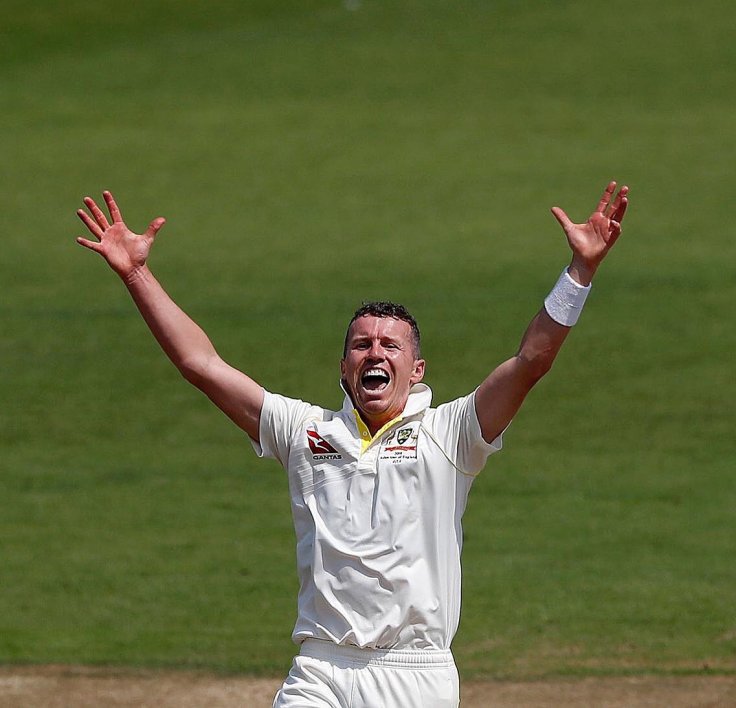The raging bushfires in Australia have made life hard for a lot of people and have even affected sports events to a large extent. During a Sheffield Shield match at Sydney Cricket Ground (SCG) some weeks ago, players found it difficult to breathe under the cover of haze which emanated from the bushfires.
One of the players in the match, left-arm spinner Kerry O'Keefe even compared the conditions to smoking 40 cigarettes. Somehow, that match was completed and the home team won. But things got even worse during a Big Bash League match between Sydney Thunder and Adelaide Strikers which led to the match being abandoned.
Now the bushfires have once again trod on to the cricket world, this time by directly affecting one of Australia's leading international cricketers. Peter Siddle, a fast bowler in the running to play in the Boxing Day Test against New Zealand, had to receive medical treatment after inhaling too much smoke from the bushfires in New South Wales.

This leads to doubts over the New Year's Test which is traditionally hosted by the iconic SCG. That match is going to start on January 3. But if the situation remains bad in the state of New South Wales, then, things may have to be modified.
This is not the first time that international cricket matches have come under the shadow of environmental concerns. Earlier this year, a T20I match between India and Bangladesh also looked under danger of being cancelled due to the smog that descended on Delhi due to stubble burning in neighbouring states.
In 2017, a Test match between India and Sri Lanka in the same city, Delhi, ran into difficulties as Sri Lankan players started complaining about bowling in the smog-laden atmosphere. Many players in the team decided to field while wearing face masks while some others claimed to have vomited in the dressing room.
One wonders how many other countries and cricketing venues would face the onslaught of environmental issues.









